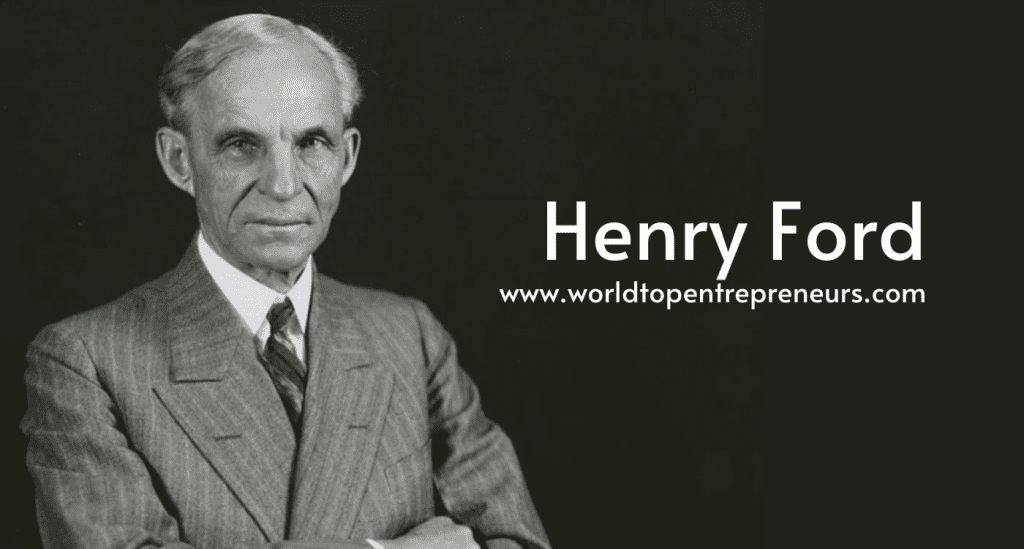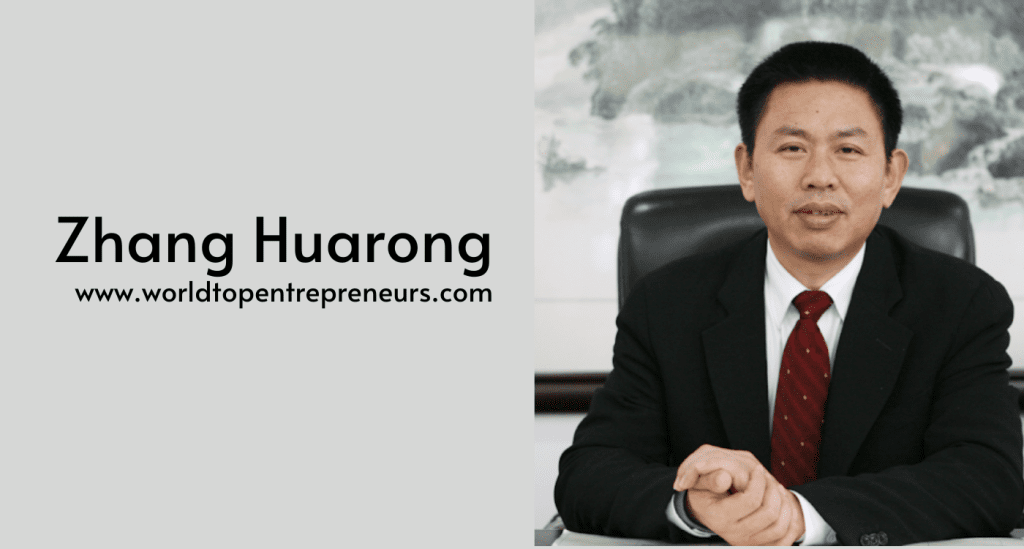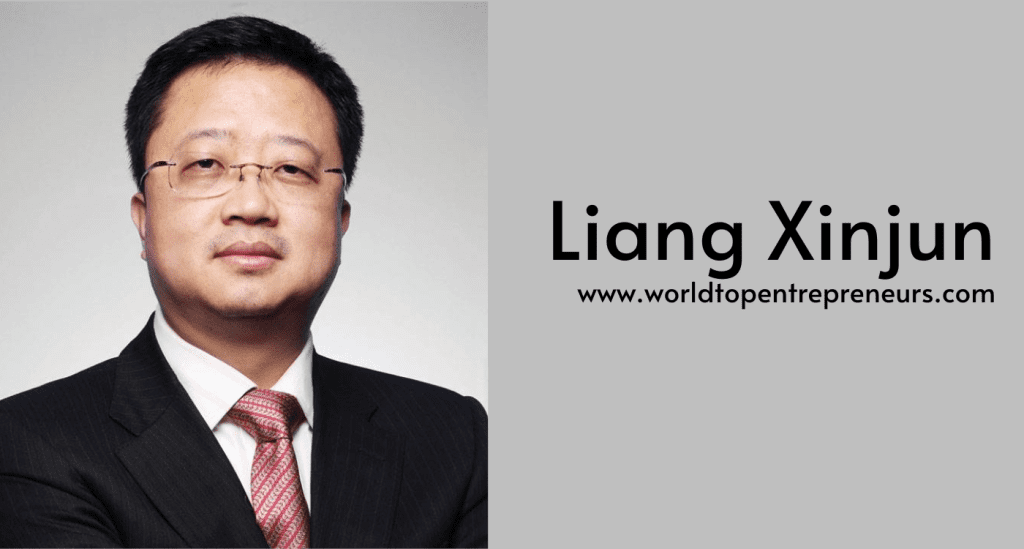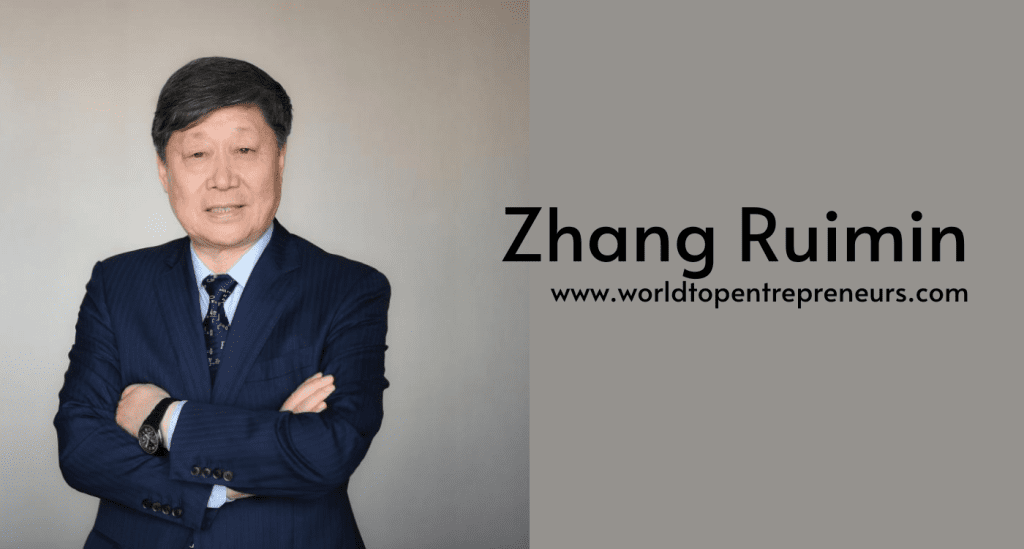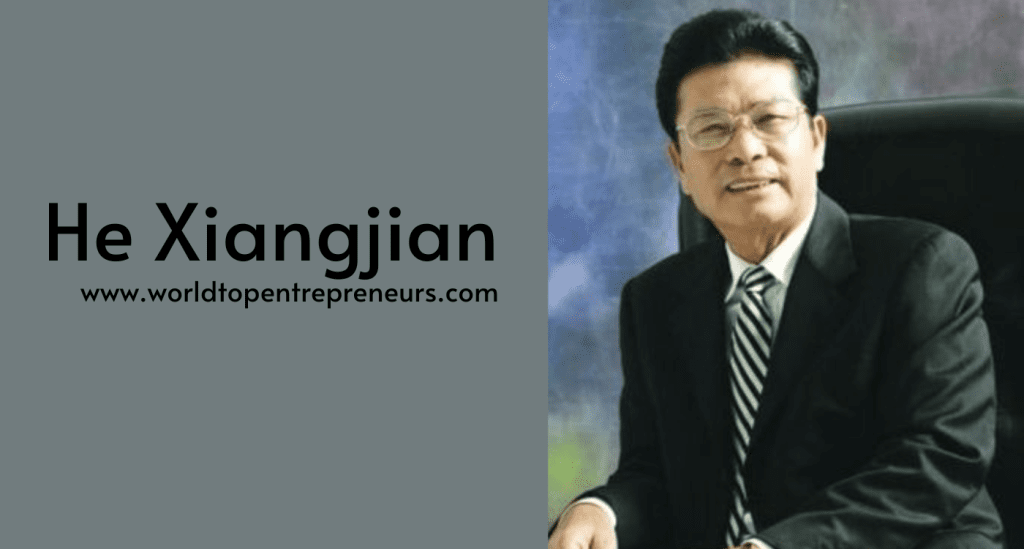In the annals of automotive history, the names of visionaries like Kiichiro Toyoda, Eiji Toyoda, and Akio Toyoda are well known. Yet, there are countless contributors to Toyota Motor Corporation’s success whose stories remain less familiar to the general public. One such figure is Yoshio Ishizaka, a pivotal yet often underappreciated innovator whose contributions to Toyota played a crucial role in shaping the company’s journey from a modest textile machinery manufacturer to a global automotive powerhouse.
Early Life and Education
Yoshio Ishizaka was born on May 11, 1921, in Nagoya, Japan. His early life was marked by a profound interest in engineering and technology, which was fostered by the dynamic industrial environment of his time. Growing up in Nagoya, a city known for its industrial prowess, Ishizaka was naturally drawn to the mechanical and technological advancements that defined the era.
Ishizaka pursued his academic interests at Nagoya University, where he studied mechanical engineering. His education during this period was deeply influenced by Japan’s rapid industrialization and the growing importance of technological innovation. After completing his degree, Ishizaka joined the burgeoning field of automotive engineering, an industry that was poised to transform Japan’s economic landscape.
Joining Toyota Motor Corporation
In 1941, Yoshio Ishizaka joined Toyota Motor Corporation, a company that was then transitioning from textile machinery to automobile manufacturing. His arrival at Toyota came at a critical juncture for the company, which was striving to establish itself as a significant player in the automotive industry. Despite the challenging economic conditions and the limitations of the post-war environment, Ishizaka’s technical expertise and innovative mindset quickly made an impact.
- Early Contributions and Technical Innovations
Ishizaka’s early contributions to Toyota were centered around improving the company’s manufacturing processes and product development. As a mechanical engineer, he was involved in various technical aspects of vehicle production, including the design and optimization of manufacturing systems.
One of Ishizaka’s notable early achievements was his work on improving the efficiency of Toyota’s production lines. During this period, he played a key role in refining the company’s manufacturing techniques, which laid the foundation for what would later become known as the Toyota Production System (TPS). His efforts in this area were crucial in setting Toyota on a path towards operational excellence and efficiency.
- The Toyota Production System (TPS)
The development of the Toyota Production System (TPS) is one of the most significant milestones in the company’s history. While many credit Taiichi Ohno and Shigeo Shingo with the development of TPS, Yoshio Ishizaka’s contributions to this groundbreaking system were also pivotal. Ishizaka’s focus on process optimization and waste reduction was instrumental in shaping the principles of TPS.
TPS is renowned for its emphasis on just-in-time production, lean manufacturing, and continuous improvement. The system revolutionized manufacturing practices not only within Toyota but across the global automotive industry. Ishizaka’s role in refining these principles and implementing them within Toyota’s operations was a key factor in the company’s success and its ability to set new standards in manufacturing.
Leadership and Strategic Vision
As Toyota grew and expanded its global presence, Yoshio Ishizaka’s role evolved from technical expert to strategic leader. His leadership was marked by a series of strategic initiatives that helped Toyota navigate the complexities of the global automotive market.
- Expanding Toyota’s Global Reach
In the 1960s and 1970s, Toyota began to expand its operations beyond Japan, establishing a presence in international markets. Yoshio Ishizaka played a crucial role in this global expansion, contributing to the development of strategies that would allow Toyota to enter and compete in new markets.
One of the significant milestones during this period was Toyota’s entry into the North American market. This move was a strategic decision aimed at tapping into one of the largest and most competitive automotive markets in the world. Ishizaka’s strategic vision and leadership were instrumental in establishing Toyota’s manufacturing plants and distribution networks in the United States.
- Innovation in Product Development
Under Ishizaka’s leadership, Toyota continued to focus on innovation in product development. His approach to product design and engineering emphasized quality, reliability, and customer satisfaction. This focus was reflected in the introduction of several successful models, including the Toyota Corolla and the Toyota Camry, which became benchmarks for performance and reliability.
Ishizaka’s contributions to product development were not limited to traditional vehicles. During his tenure, Toyota also explored new technologies and alternative fuel sources. His leadership in these areas helped Toyota stay ahead of industry trends and adapt to changing market demands.
- Navigating Economic Challenges
The global automotive industry is subject to economic fluctuations and market dynamics. During Yoshio Ishizaka’s leadership, Toyota faced several economic challenges, including oil crises and market downturns. Ishizaka’s strategic approach involved adapting to these challenges by focusing on cost efficiency, product innovation, and market diversification.
One of the key strategies during this period was the development of fuel-efficient vehicles in response to the oil crises of the 1970s. Toyota’s emphasis on fuel efficiency and environmental responsibility was a direct result of Ishizaka’s leadership and his commitment to addressing the evolving needs of consumers.
Legacy and Impact
Yoshio Ishizaka’s contributions to Toyota Motor Corporation and the global automotive industry have left a lasting legacy. His work in engineering, manufacturing, and strategic leadership has had a profound impact on the industry and shaped the future of automotive technology.
- Technological Advancements
Ishizaka’s emphasis on technological innovation and process optimization has had a significant impact on the automotive industry. The Toyota Production System (TPS), which he helped develop, has become a model for manufacturing practices around the world. TPS’s principles of lean manufacturing, just-in-time production, and continuous improvement have influenced industries beyond automotive manufacturing and set new standards for operational excellence.
The introduction of models like the Toyota Corolla and the Camry reflects Ishizaka’s commitment to quality and innovation. These vehicles have become benchmarks for performance and reliability, shaping consumer expectations and industry standards.
- Global Influence
Under Ishizaka’s leadership, Toyota expanded its global presence and established itself as a major player in the international automotive market. The company’s success in global markets, including North America and Europe, reflects Ishizaka’s vision for international growth and strategic expansion.
Toyota’s global influence extends beyond its market presence. The company’s focus on quality, efficiency, and sustainability has set an example for other automakers and influenced industry practices and standards.
- Inspiring Future Generations
Yoshio Ishizaka’s success with Toyota serves as an inspiration to aspiring leaders and professionals in the automotive industry. His dedication to innovation, quality, and strategic growth provides a model for future leaders who seek to drive positive change and make a meaningful impact.
Ishizaka’s legacy continues to inspire and guide the next generation of technology professionals and innovators. His story is a testament to the power of visionary leadership and dedication in shaping the future of industry and innovation.
Conclusion
Yoshio Ishizaka’s journey from a young engineer to a transformative leader at Toyota Motor Corporation is a remarkable story of vision, leadership, and impact. His contributions to the automotive industry have shaped the development of advanced technologies, expanded Toyota’s global presence, and reinforced the company’s commitment to quality and innovation.
Ishizaka’s leadership has left a lasting legacy in the industry, influencing technological advancements, promoting corporate social responsibility, and inspiring future generations of leaders. As we reflect on his achievements, we recognize the profound impact of his work on the global automotive landscape and the continued evolution of transportation technology. The story of Yoshio Ishizaka and Toyota Motor Corporation is a testament to the power of visionary leadership and dedication in shaping the future of industry and innovation.






